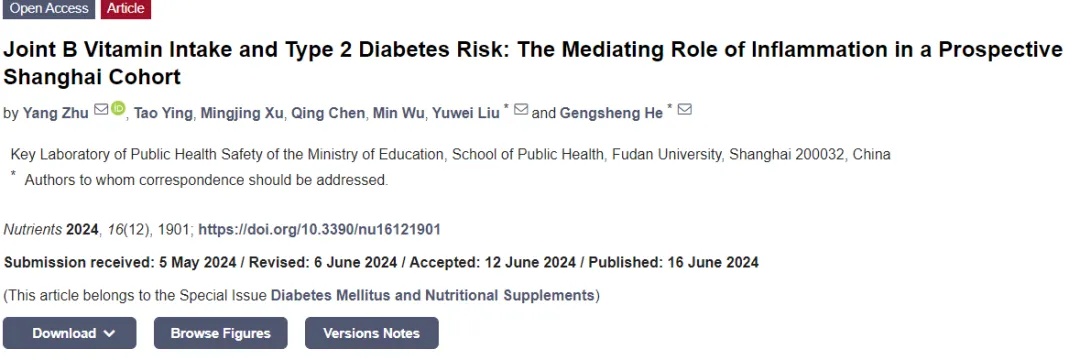Rethinking the consequences of U.S. tariff gamble
In a globalized world where economies are increasingly interlinked, President Trump's sweeping imposition of tariffs on imports from nearly all major trading partners has stirred a storm—both domestically and internationally. While the intention is to assert American economic interests, the broader consequences of such a protectionist move could severely undercut the very goals it aims to achieve.。
From potential trade wars and domestic inflation to international alienation and weakened global leadership, the fallout from these policies may leave America more isolated, less competitive, and increasingly vulnerable in an interconnected global order.。

Tariffs in theory vs. reality。

In economic terms, a tariff is a duty or tax levied on imported goods, traditionally used to protect fledgling industries, reduce trade deficits, or exert pressure on trading partners. Historically, countries like the U.S. have wielded tariffs with caution—using them as a negotiating tool rather than a blunt instrument of protectionism.。

But today's context is different. The U.S. is no longer a manufacturing-heavy economy. Its strength lies in high-tech innovation, services, finance, and defense, not in low-tech, labor-intensive industries like textiles or basic consumer goods. Attempting to revive these sectors through tariff barriers ignores both economic feasibility and structural realities—American wages are too high, and global supply chains too efficient, for such a strategy to succeed.。
A unilateral decision with limited consensus。
Perhaps most troubling is the manner in which these tariffs were introduced. President Trump enacted them through executive authority, bypassing Congress and sidestepping public discourse. Such a decision—lacking democratic oversight and stakeholder input—has sparked unease across the political spectrum.。
Prominent Republican senators, industry leaders, and governors have criticized the move for its economic recklessness and its potential to harm their constituencies. Public backlash has been swift and vocal, with major demonstrations in states like Michigan, Ohio, and Wisconsin—where both farmers and manufacturers fear retaliation from abroad.。
Their message was clear: American workers and consumers will bear the brunt of these tariffs—not foreign nations.。
Who really pays for tariffs?
Despite political rhetoric, tariffs are not paid by foreign exporters. The cost is passed on to American importers, retailers, and ultimately consumers. Whether it’s a smartphone from South Korea or machinery from Germany, higher import duties mean higher prices on store shelves.。
A recent analysis by the U.S. Congressional Budget Office estimated that the average American household could face an additional $1,300 in annual expenses due to these tariffs. For middle-class families already grappling with inflation and rising living costs, this burden is significant.。
Moreover, small businesses—which form the backbone of the U.S. economy—are disproportionately affected. Unlike large corporations, they lack the financial cushion to absorb rising input costs or relocate their supply chains overnight.。
Global reaction: Allies alarmed, rivals energized。
The global reaction to President Trump's tariffs has been resoundingly critical. Traditional U.S. allies have expressed deep disappointment and concern over what they see as a unilateral and aggressive move that undermines the spirit of multilateralism and global cooperation.。
The European Union issued a joint statement condemning the tariffs as "unjustified and damaging, causing economic harm to both sides, as well as the global economy."。
Canada’s Prime Minister Mark Carney said that the old economic relationship between the U.S. and Canada is “over,” vowing that Ottawa will respond “forcefully.”。
The Chinese government strongly condemns and firmly opposes U.S. abuse of tariffs.。
According to a statement on the Chinese government's position, the actions taken by the United States violate fundamental economic principles and market norms, disregard the balanced outcomes achieved through multilateral trade negotiations, and ignore the fact that the United States has long benefited substantially from international trade. Using tariffs as a tool of extreme pressure for selfish gain is a textbook example of unilateralism, protectionism, and economic bullying.。
Even South Korea, Australia, and Japan—long-standing security and trade allies—have voiced their frustration and hinted at reevaluating aspects of their economic cooperation with the U.S.。
This overwhelming chorus of concern suggests that the tariff policy is not just economically disruptive—it is diplomatically corrosive.。
Global retaliation: A domino effect。
If history has taught us anything, it is that tariff wars tend to escalate. In response to U.S. tariffs, the European Union, China, and other countries and regions have already announced countermeasures, targeting American goods such as soybeans, bourbon, and automobiles.。
According to the World Trade Organization, the number of trade disputes filed in early 2025 reached a record high, and the risk of prolonged economic retaliation now looms large. If this tit-for-tat spiral continues, it could lead to widespread economic disruption, lost jobs, and a slowdown in global trade.。
The World Bank warned that U.S. across-the-board tariffs of 10% could reduce already lackluster global economic growth of 2.7% in 2025 by 0.3 percentage point if America's trading partners retaliate with tariffs of their own. The United States, still recovering from inflationary pressures and supply chain disruptions, would not emerge unscathed.。
Undermining U.S. alliances and global influence。
Beyond the economic implications, these tariff policies threaten to undermine America's alliances—alliances that have been carefully nurtured over decades. Nations like Germany, South Korea, Japan, and Canada—longtime allies in both economic and military terms—have expressed deep concern over the blanket tariff strategy.。
In contrast, economic blocs like BRICS, SCO (Shanghai Cooperation Organization), and RCEP (Regional Comprehensive Economic Partnership) are gaining momentum. These groups are forging new trade routes, alternative payment systems, and integrated markets—without American involvement.。
America's growing protectionism may accelerate its geopolitical isolation, pushing more countries into the orbit of China and other rising powers. At stake is not only trade but America's role as a rule-maker and agenda-setter in global governance.。
Rethinking the path forward。
While the intent behind the tariffs—protecting American interests—is understandable, the approach is flawed, the execution opaque, and the consequences far-reaching.。
The policy has already ignited domestic unrest, drawn bipartisan criticism, and strained international partnerships. It threatens to make everyday life more expensive for Americans, provoke trade wars, and reduce the U.S.'s global relevance.。
Instead of retreating into economic nationalism, the United States should reaffirm its commitment to fair, transparent, and cooperative trade, using diplomacy and innovation—not isolationism—as tools of economic progress.。
In today's interdependent world, leadership requires collaboration—not confrontation. America must choose wisely.。
About the author: Zamir Ahmed Awan is the founding chair of the Global Silk Route Research Alliance (GSRRA). He is a sinologist and former diplomat. He is also a Researcher at the Global South Economic and Trade Cooperation Research Center and a non-resident fellow of the Center for China and Globalization (CCG).。
(责任编辑:综合)
-
 湖北日报讯 记者曾雅青)近来,省法院举行全省法院实行局局长述职述廉会议,总结2024年实行工作质效,研究部署2025年实行工作重点使命。省法院党组书记、院长游劝荣出席会议并说话。会议指出,实行工作关乎
...[详细]
湖北日报讯 记者曾雅青)近来,省法院举行全省法院实行局局长述职述廉会议,总结2024年实行工作质效,研究部署2025年实行工作重点使命。省法院党组书记、院长游劝荣出席会议并说话。会议指出,实行工作关乎
...[详细]
-
一汽丰田搬家导致部分职工在京社保断缴 职工维权:劳作裁定已介入
 。海报新闻记者 田柳 姜雪颖 北京报导。近来,有媒体报导,一汽丰田轿车出售有限公司以下简称“一汽丰田”)将作业地址从北京迁至天津滨海新区,这次大规模的搬家导致公司职工在随迁和离任中心摇摆不定,作业组织
...[详细]
。海报新闻记者 田柳 姜雪颖 北京报导。近来,有媒体报导,一汽丰田轿车出售有限公司以下简称“一汽丰田”)将作业地址从北京迁至天津滨海新区,这次大规模的搬家导致公司职工在随迁和离任中心摇摆不定,作业组织
...[详细]
-
高温预警:超10省市最高气温将超37℃ 浙江新疆局地可达40℃
 中央气象台7月3日06时持续发布高温黄色预警:估计7月3日白日,华北南部、黄淮、江淮、江汉、江南大部、四川东南部、重庆、华南北部等地有35℃以上的高温气候,其间,河北南部、山东北部和西南部、河南大部、
...[详细]
中央气象台7月3日06时持续发布高温黄色预警:估计7月3日白日,华北南部、黄淮、江淮、江汉、江南大部、四川东南部、重庆、华南北部等地有35℃以上的高温气候,其间,河北南部、山东北部和西南部、河南大部、
...[详细]
-
。2025年7月2日。。驳斥流言“北京撤销中级职称”系流言。。概况:近期,2025年度职称评定作业发动后,网上撒播“北京撤销中级职称”的说法。经核实,此言辞不实,中级职称并未撤销。据北京市人社局介绍, ...[详细]
-
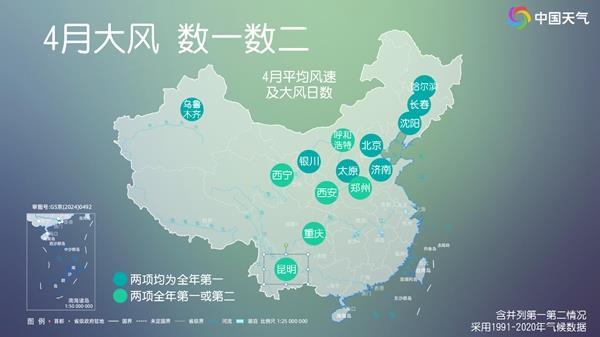 明日4月11日)起,跟着新一股较强冷空气东移南下,我国中东部地区气候杂乱,其间,北方将呈现大规模劲风沙尘气候,华北地区需警觉前史同期稀有继续性劲风。周末北方劲风到底有多大?依据中央气象台预告,11日至
...[详细]
明日4月11日)起,跟着新一股较强冷空气东移南下,我国中东部地区气候杂乱,其间,北方将呈现大规模劲风沙尘气候,华北地区需警觉前史同期稀有继续性劲风。周末北方劲风到底有多大?依据中央气象台预告,11日至
...[详细]
-
 今日3日)6时,中央气象台多预警齐发,概况如下:高温黄色预警:超10省市最高气温将超37℃。中央气象台7月3日6时持续发布。高温黄色预警。:估计7月3日白日,华北南部、黄淮、江淮、江汉、江南大部、四川
...[详细]
今日3日)6时,中央气象台多预警齐发,概况如下:高温黄色预警:超10省市最高气温将超37℃。中央气象台7月3日6时持续发布。高温黄色预警。:估计7月3日白日,华北南部、黄淮、江淮、江汉、江南大部、四川
...[详细]
-
武汉地铁12号线第2次穿越长江 这条国内最长地铁环线通车后,青山到江岸仅需5分钟
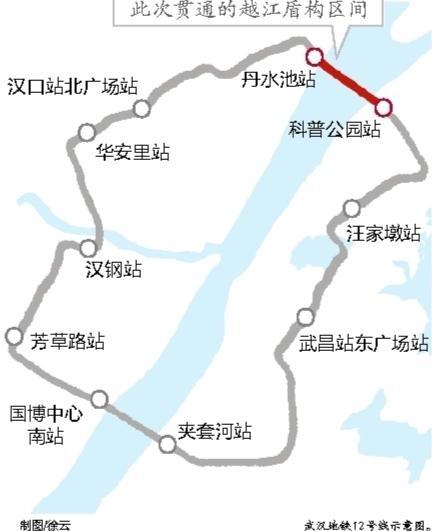 此次贯穿的越江盾构区间。湖北日报讯 记者浩瀚、见习记者甄子萱、通讯员杨启、闫锋)武汉地铁12号线工程建造获得重大进展:7月16日上午11时许,坐落江岸的丹水池站接纳井内,“江城杰出号”盾构机顺畅抵达,
...[详细]
此次贯穿的越江盾构区间。湖北日报讯 记者浩瀚、见习记者甄子萱、通讯员杨启、闫锋)武汉地铁12号线工程建造获得重大进展:7月16日上午11时许,坐落江岸的丹水池站接纳井内,“江城杰出号”盾构机顺畅抵达,
...[详细]
-
河南20岁学生失联13天 父亲:儿子曾告知同学要去泰国赚钱,近期要去泰国寻子
 。海报新闻首席记者 张海振 记者 文露漪 报导。7月3日,间隔儿子离家现已13天了,河南的李先生仍未能联系上儿子。此前,儿子曾给同学发信息表明,要去泰国赚钱。夏邑县桑堌乡派出所回应:已针对该事情建立专
...[详细]
。海报新闻首席记者 张海振 记者 文露漪 报导。7月3日,间隔儿子离家现已13天了,河南的李先生仍未能联系上儿子。此前,儿子曾给同学发信息表明,要去泰国赚钱。夏邑县桑堌乡派出所回应:已针对该事情建立专
...[详细]
-
 中新网北京4月11日电 据联合国官网10日发布的音讯,联合国各组织呼吁添加2.416亿美元、调拨1.34亿美元,用于协助缅甸强震受灾最严峻区域的哀鸿。据缅甸国家办理委员会7日发布的音讯,缅甸强震已形成
...[详细]
中新网北京4月11日电 据联合国官网10日发布的音讯,联合国各组织呼吁添加2.416亿美元、调拨1.34亿美元,用于协助缅甸强震受灾最严峻区域的哀鸿。据缅甸国家办理委员会7日发布的音讯,缅甸强震已形成
...[详细]
-
 当地时间7月16日晚,也门胡塞装备发言人叶海亚·萨雷亚发表声明称,胡塞装备导弹部队和无人机部队当天对以色列多个方针施行“联合军事举动”,以回应以色列对加沙地带的持续侵犯。声明称,导弹部队运用一枚“祖法
...[详细]
当地时间7月16日晚,也门胡塞装备发言人叶海亚·萨雷亚发表声明称,胡塞装备导弹部队和无人机部队当天对以色列多个方针施行“联合军事举动”,以回应以色列对加沙地带的持续侵犯。声明称,导弹部队运用一枚“祖法
...[详细]

 中方在世贸组织追加申述美晋级对华关税办法
中方在世贸组织追加申述美晋级对华关税办法 四普新发现|“我国保尔”吴运铎车间原址现身黄石
四普新发现|“我国保尔”吴运铎车间原址现身黄石 回流药“码”上监管 药品追溯码应该怎样用?
回流药“码”上监管 药品追溯码应该怎样用?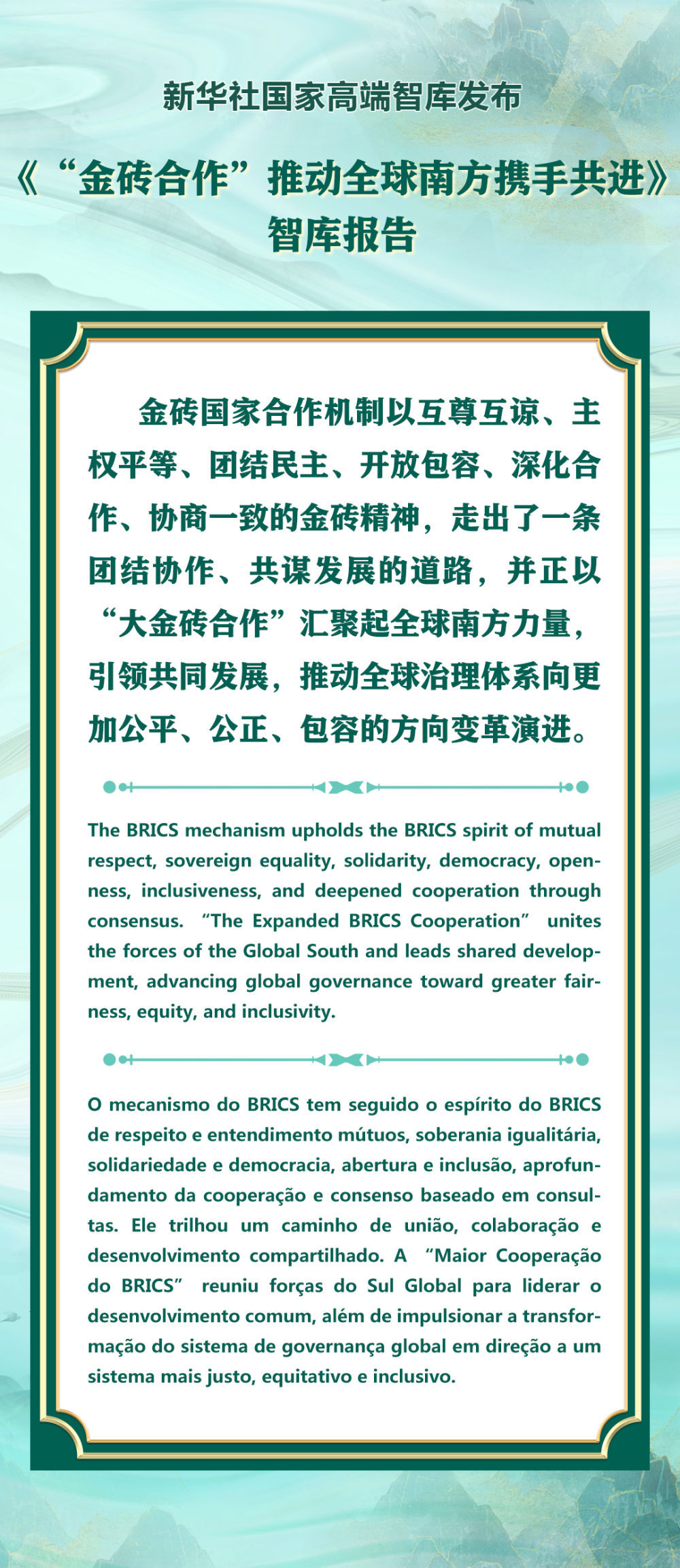 关键海报|“金砖协作”推进全球南边携手共进
关键海报|“金砖协作”推进全球南边携手共进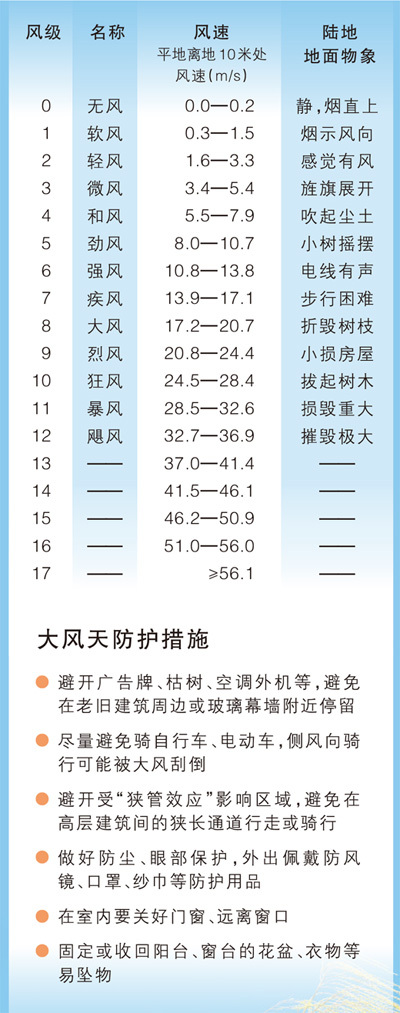 华北局地阵风可达12至13级,这场风为何那么大?
华北局地阵风可达12至13级,这场风为何那么大?